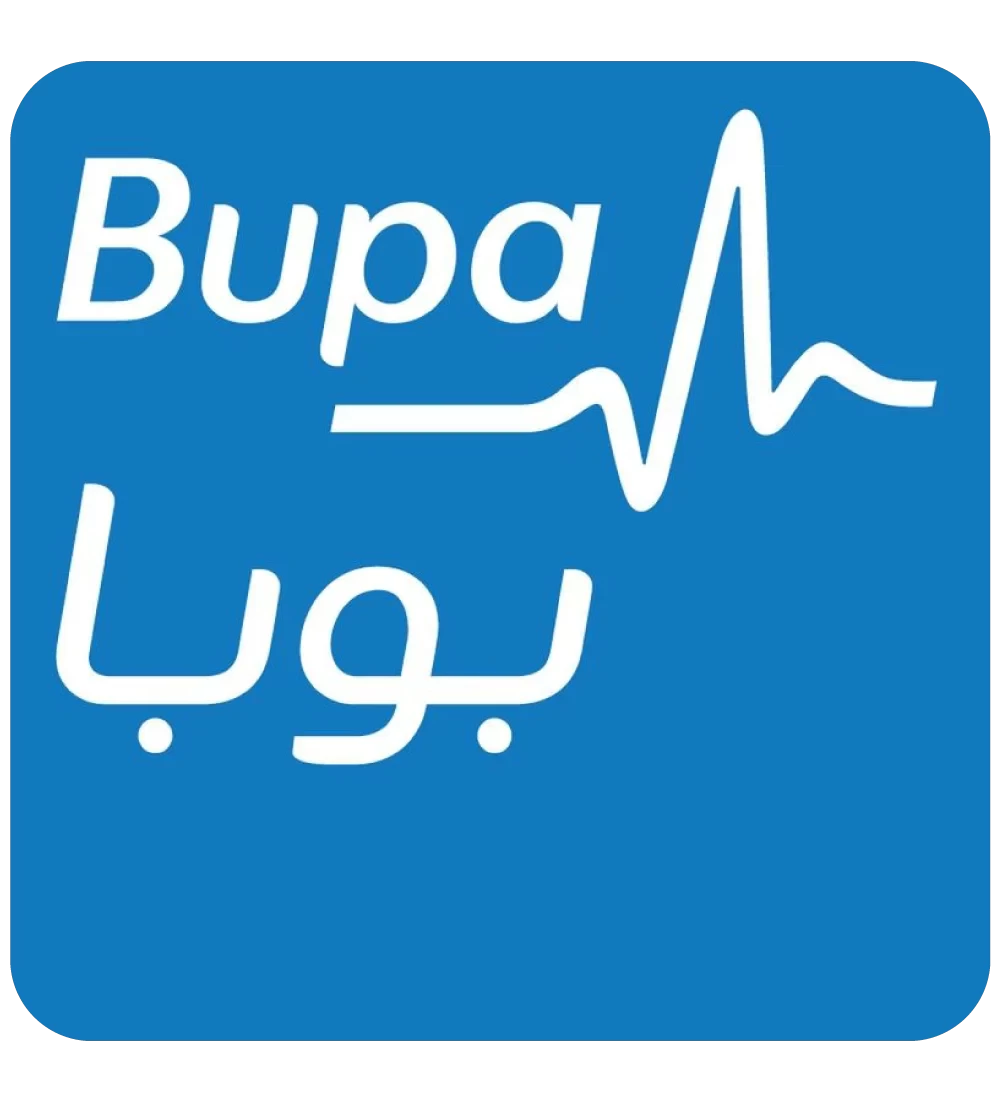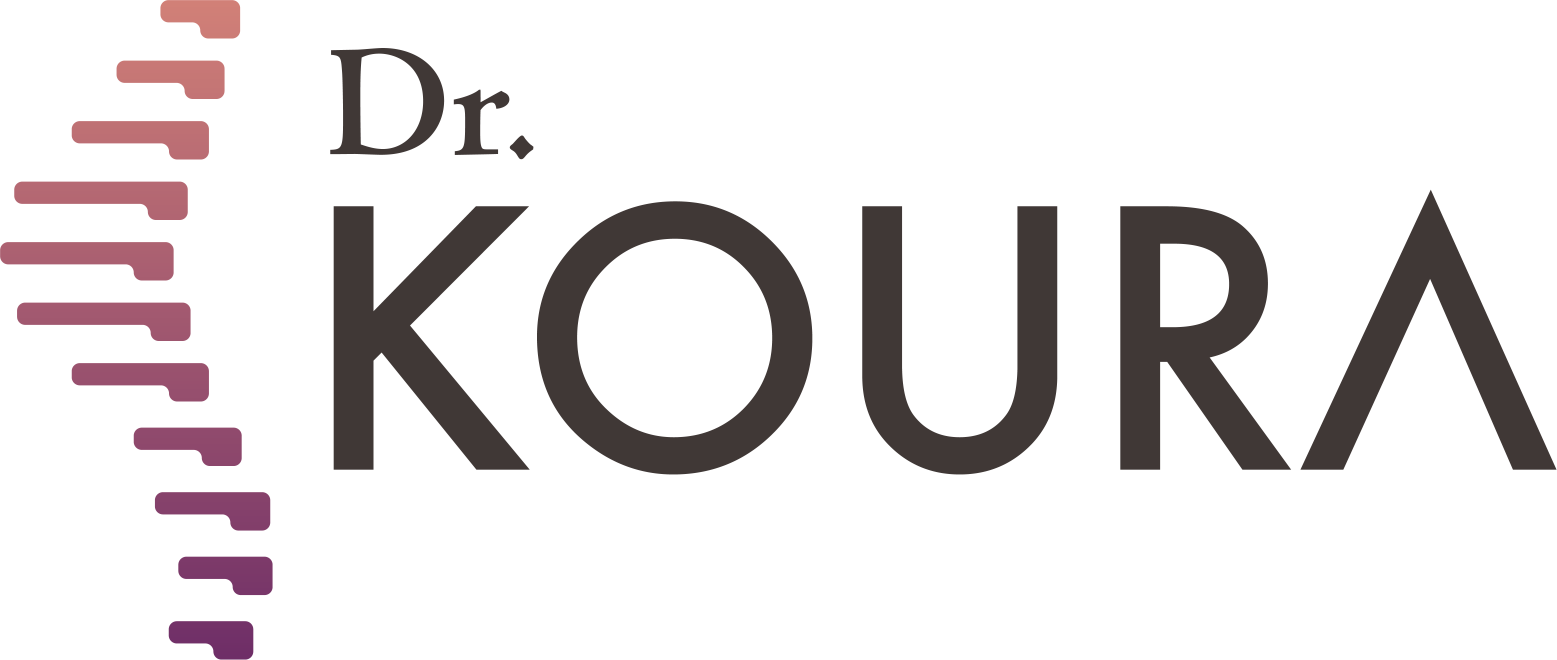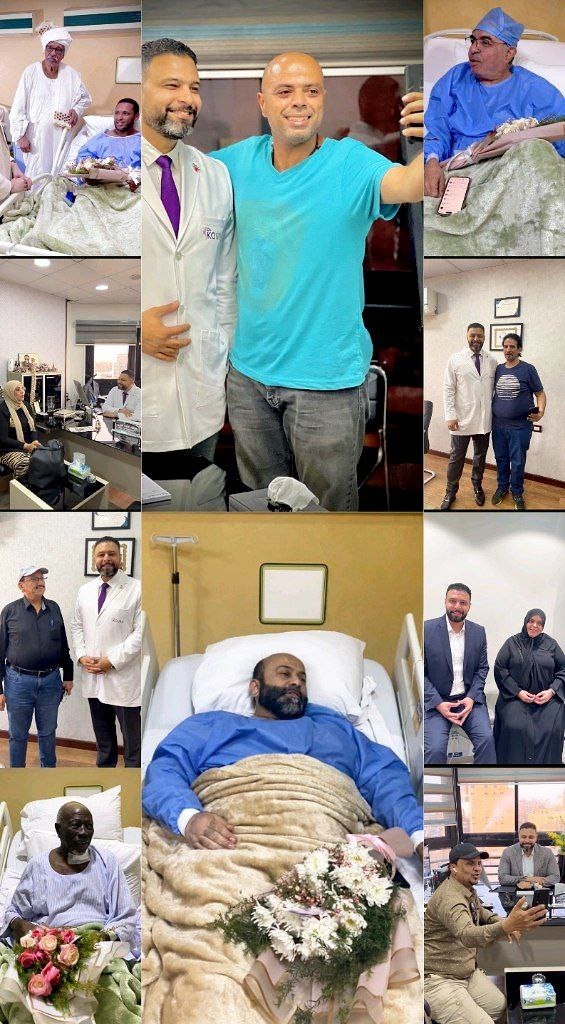
To see patients' reviews
Click hereMinimally Invasive Lumbar Decompression (MILD) for lumbar spinal canal stenosis
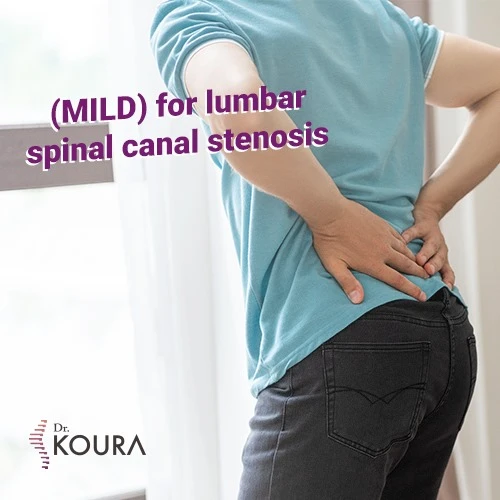
Symptoms
MILD technique is a FDA approved procedure for treatment of spinal canal stenosis.
What is spinal canal stenosis?
Spinal canal stenosis may occur due to age-related factors that lead to thickening of the internal ligaments lining the spinal canal, or due to a herniated disc or adhesions following herniated disc surgery.
This may result in narrowing of the nerve root exits and pressure on them, causing numbness, tingling, pain, and discomfort along the area supplied by the nerve.
Most cases of spinal canal stenosis occur in the lumbar vertebrae.
Some cases of lumbar spinal stenosis lead to difficulty in walking and are mistakenly diagnosed as knee joint arthritis, leading to the doctor's decision to perform knee joint replacement surgery. After the surgery, both the patient and the doctor realize that the problem has not been solved and that the patient still suffers from difficulty walking due to overlooking the issue of lumbar spinal canal stenosis.
How is lumbar spinal canal stenosis diagnosed?
Diagnosis is made by listening to the patient's complaint, conducting a physical examination, and reviewing MRI and X-ray images of the lumbar spine.
How MILD is done?
MILD technique helps relieve pressure on the spinal cord. In contrary to Claudicare which is used for foraminal spinal canal stenosis, MILD is used in cases of central spinal canal stenosis.
The procedure is done through a tiny incision in the back.
Advantages:
- Minimally Invasive.
- Totally safe.
- The patient is discharged at the same day.
- The patient can resume his daily activity within 24 hours.
Why Choose Dr. Mohamed Koura ?
Simply because he is the best doctor. He stays updated on the latest treatment technologies through his participation in various international conferences with leading foreign doctors and experts. Finally, and most importantly, Dr. Mohamed Koura is the best doctor in Egypt and the Arab world, possessing 12 non-surgical techniques for treating spinal and joint problems. He was the first to introduce modern interventional treatment techniques in Egypt and the Middle East and is the only one using the disc fx technique to treat spinal pain.
Watch Dr. Koura through videos
By following Dr. Koura on social media, you can watch videos to learn more about pain management techniques



Certainly not, some cases must be treated surgically, and the most appropriate technique for the patient is determined through a medical examination and the presence of imaging studies.
No, it is necessary to make a reservation through a phone call or social media messages.
There are no risks or side effects associated with non-surgical pain interventions.
The patient needs only 3 to 4 days before they can travel comfortably, and the hospital stay does not exceed 6 to 8 hours.
A condition cannot be accurately assessed and a proper medical diagnosis made without a medical examination and recent imaging studies.
Yes, there are several payment methods available through Visa or electronic wallets by making a reservation on our website.
Certainly, obesity is one of the causes of knee osteoarthritis.
Radiofrequency activates the nerve and does not cause any damage to it.
Non-surgical interventions are a definitive treatment for some cases and pain relievers for other cases, which is determined by the doctor through a medical examination.
If the herniated disc is fully treated, there is a possibility of it reoccurring in some cases, such as not following the doctor's prescribed instructions after the intervention, experiencing an accident, or making a sudden wrong movement like lifting heavy objects.
The entire disc is not removed due to the presence of several risks and it may exacerbate the condition. Only the protruding part that causes pain is removed.
This cannot be done with radiofrequency, but it is performed through other techniques that Dr. Koura conducts.
The success or failure of non-surgical interventions cannot be judged through radiographic imaging because these procedures involve making subtle changes to critical parts to address the issue. Consequently, they do not produce significant changes to avoid potential complications in the future or damage to the spine and joints, which is our primary goal.
Spinal stenosis does not typically cause sciatica. In most cases, disc herniation is what may lead to sciatica. This does not necessarily mean that a patient with sciatica will also have spinal stenosis.
Sciatica may return if the patient does not adhere to the medical instructions provided by the doctor or in the event of an unexpected accident.
Lower back pain can result from several causes, including a herniated disc, nerve compression, muscle strain, or chronic spinal injuries. Lifestyle factors such as prolonged sitting, muscle weakness, and excess weight can also exacerbate the problem.
A life without pain without surgery
Once you book with Dr. Koura
Get rid of pain with just one call.. Book your appointment now with pain Management consultant Dr. Koura.
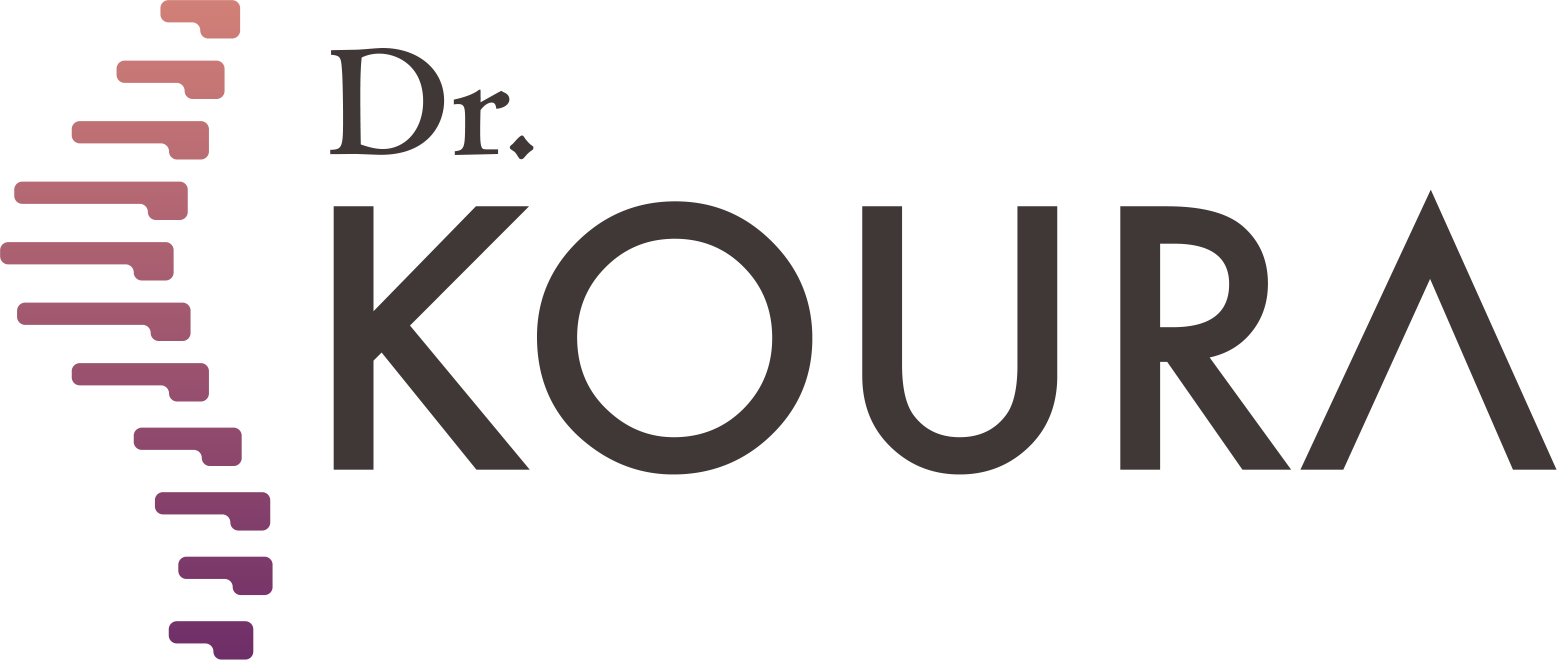





-webp.webp)




-webp.webp)





















